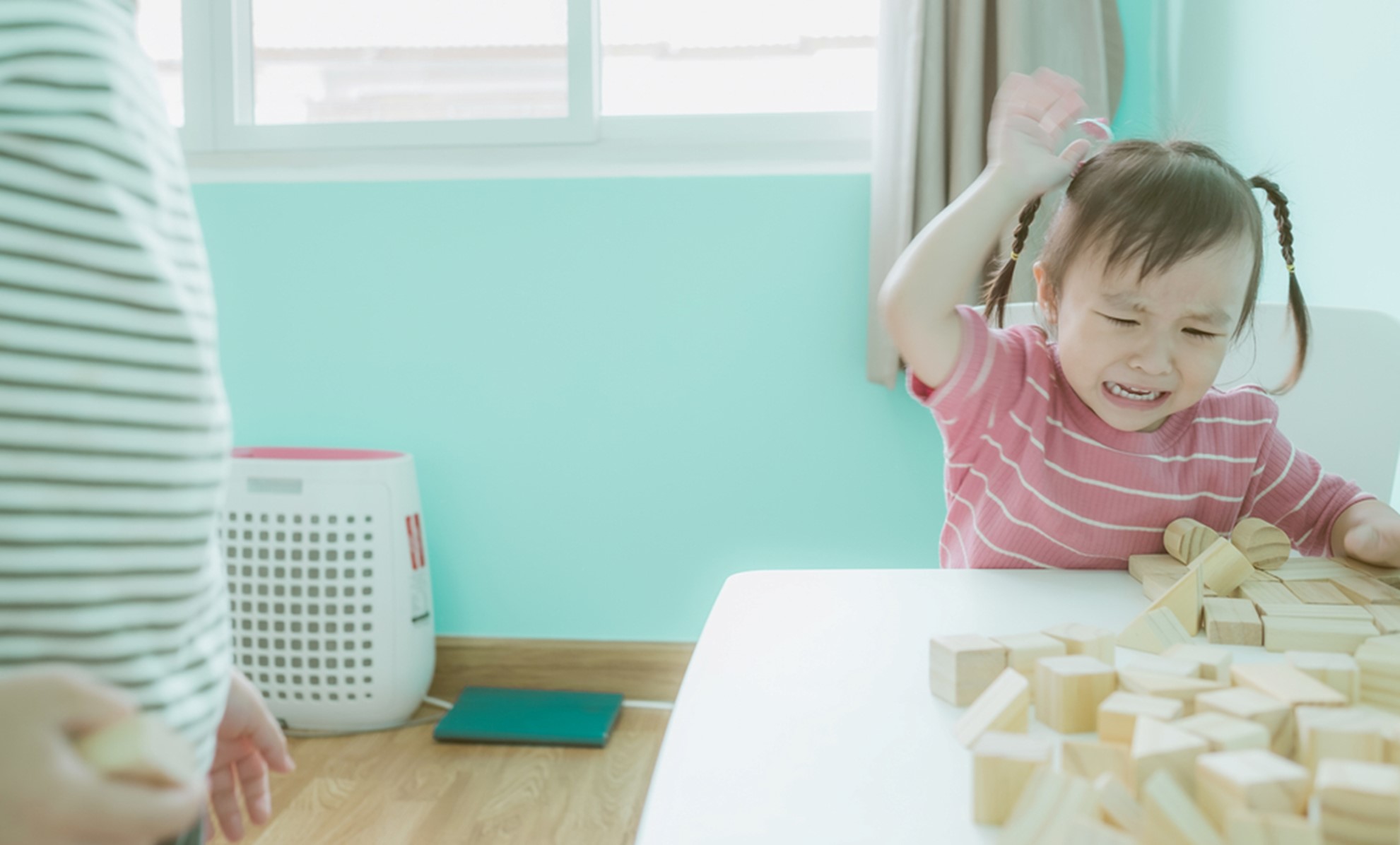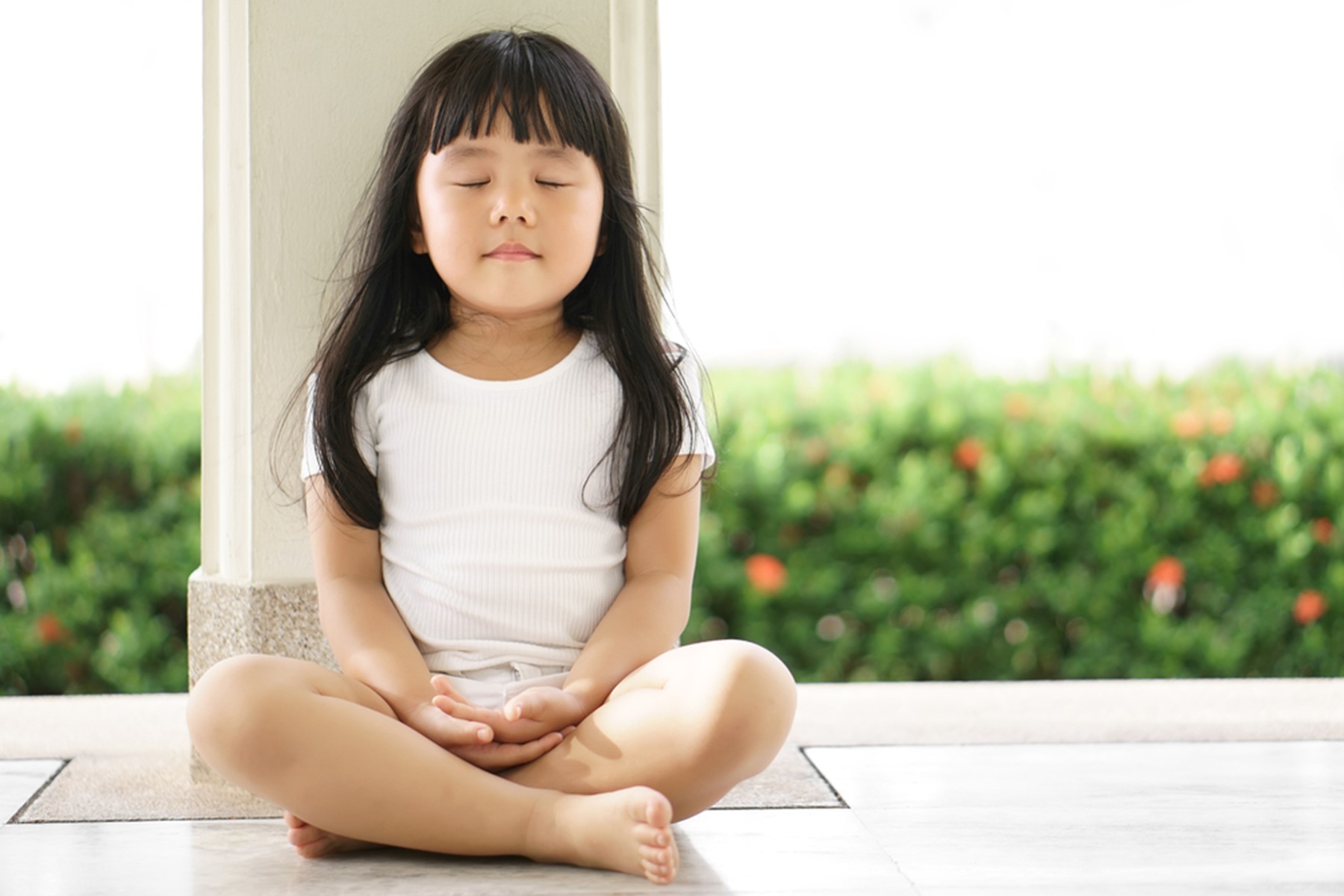
Training Children’s “Brain Power” & “Intelligence”-Early Childhood Edition
Written by: Ms. Carmen Leung, Specialist in Child Development Psychology DHA only provides nutrients for children’s brain development. To make children smarter, their brains must receive proper exercise. This time, I will introduce some brain-training games that are very suitable for children aged 2 to primary school age! Although Maze and Spot the difference brain exercises were our childhood games, they are still good friends for children in this era. In addition to mazes and spot the difference, there are many different modes of brain exercises. In short, any image game that requires children to observe and focus to complete tasks belongs to brain exercises. Do you know Wally (translated as “Where’s Wally?” in Chinese)? It




